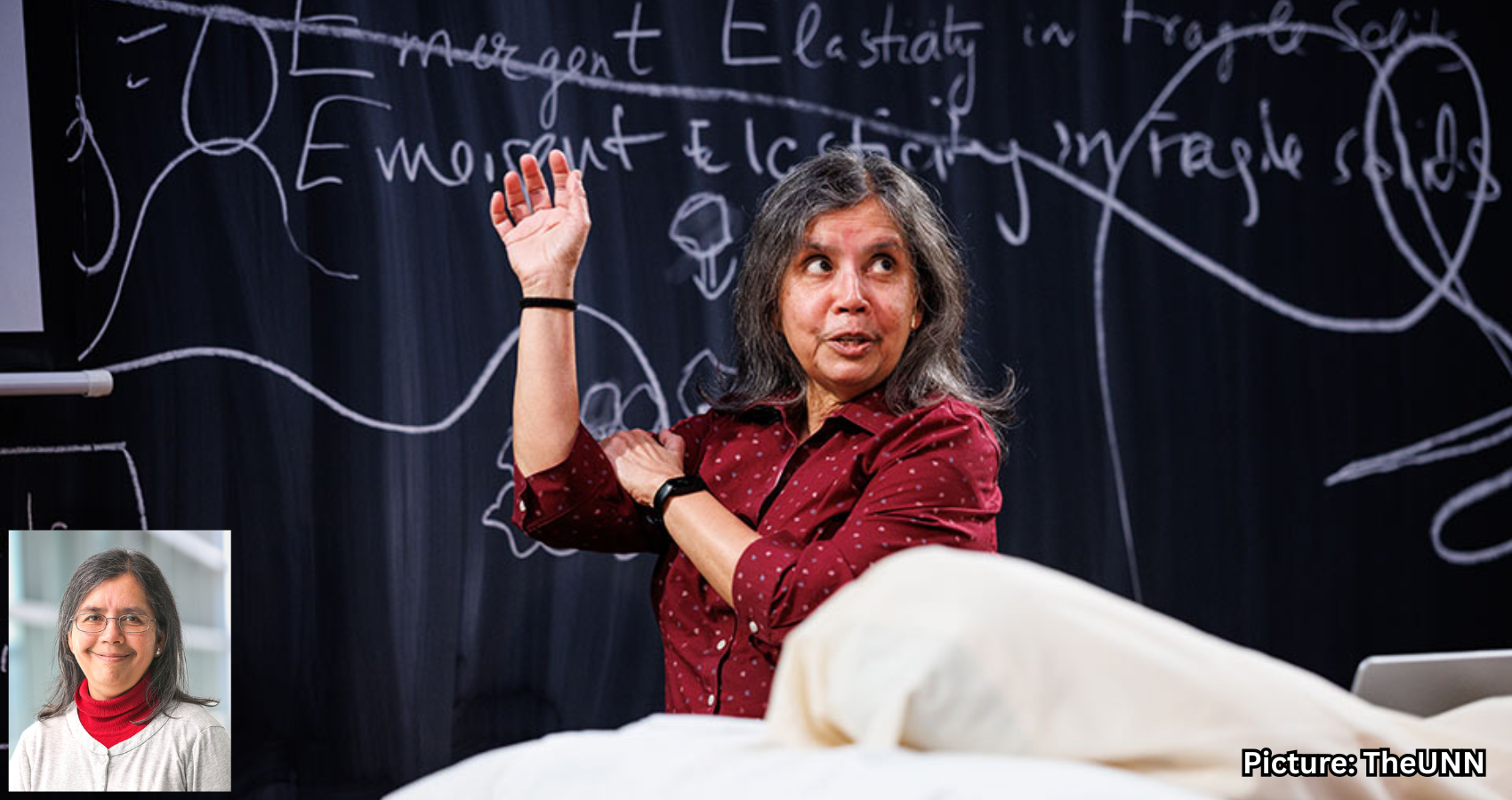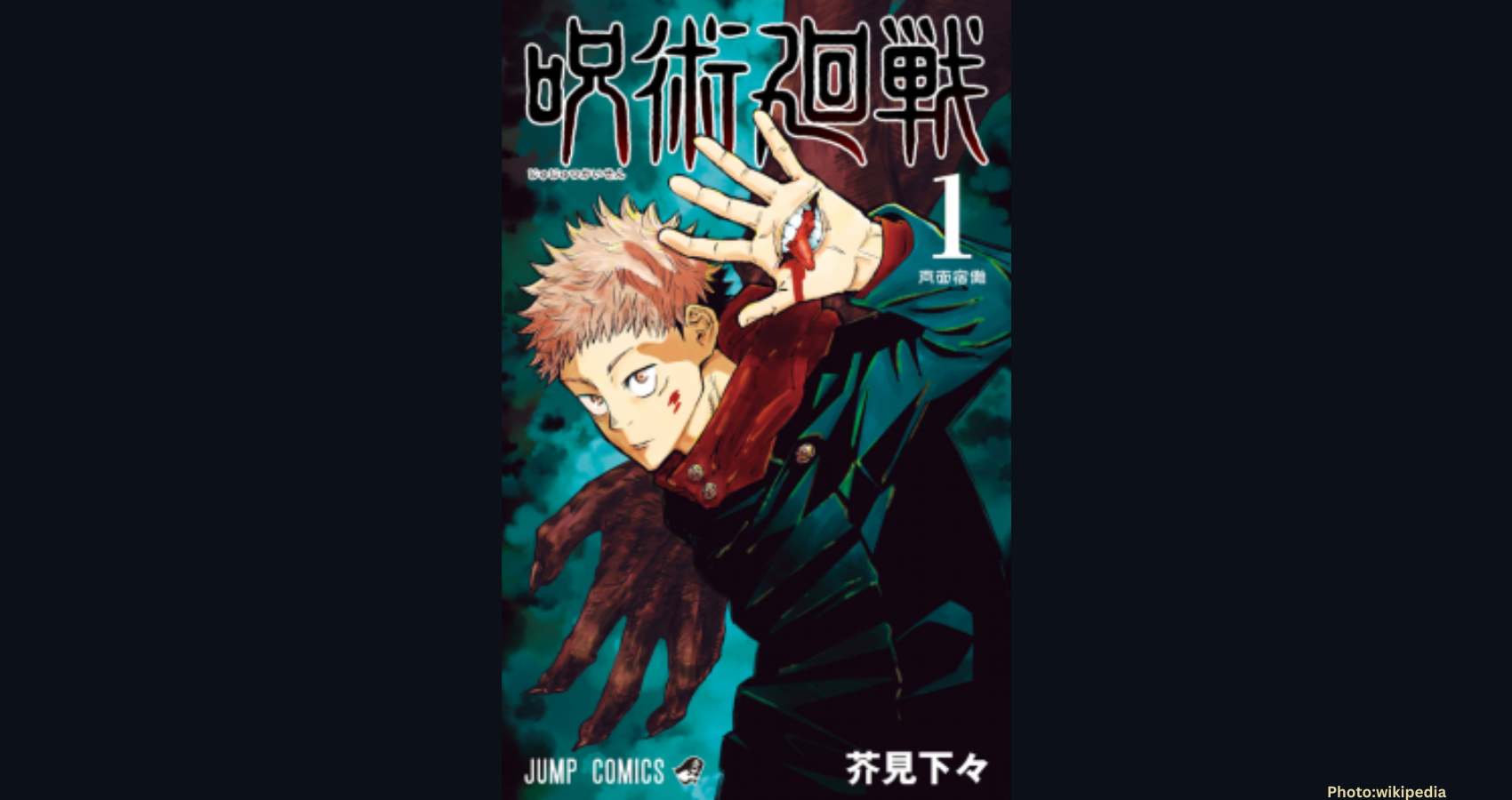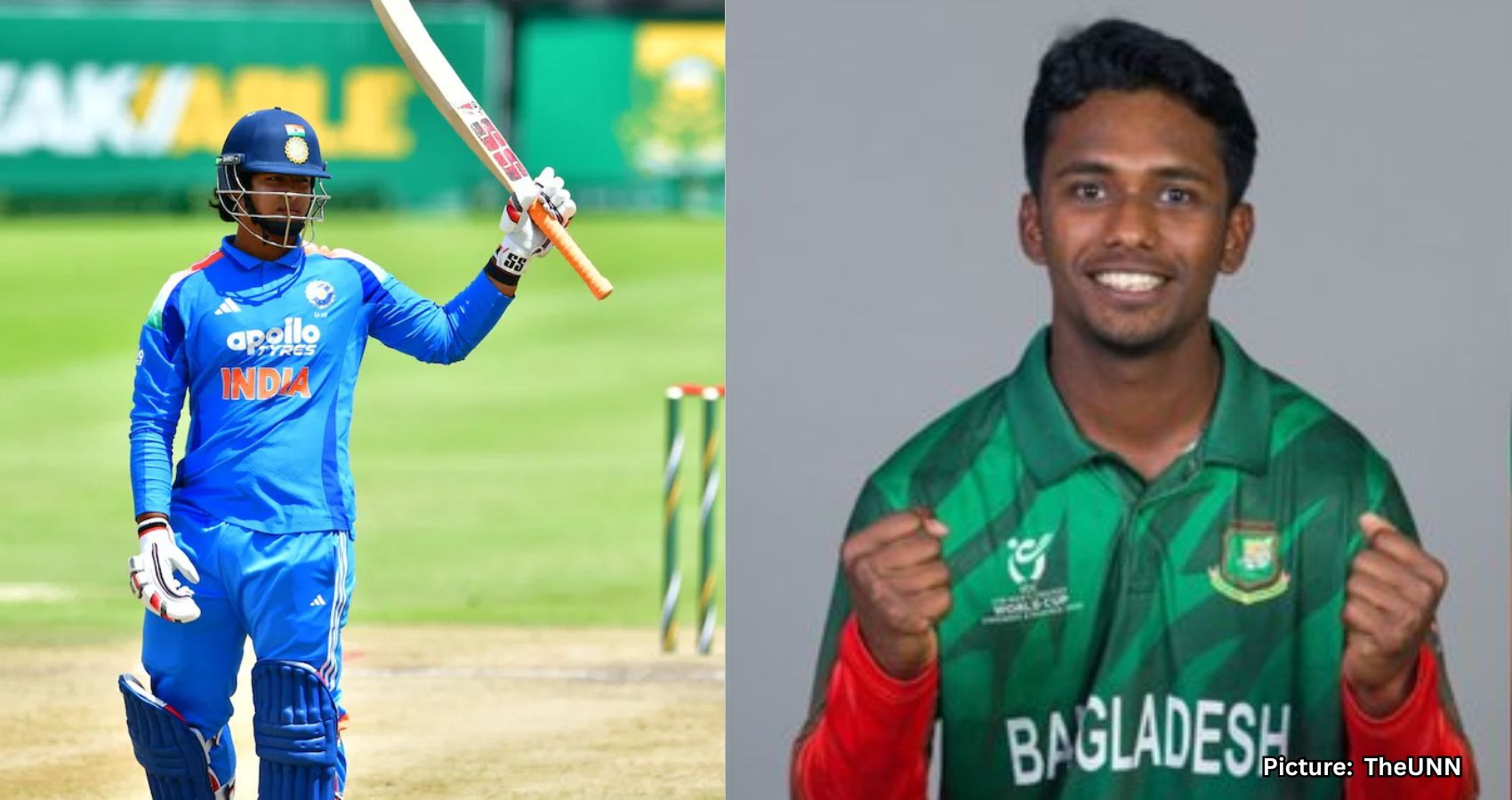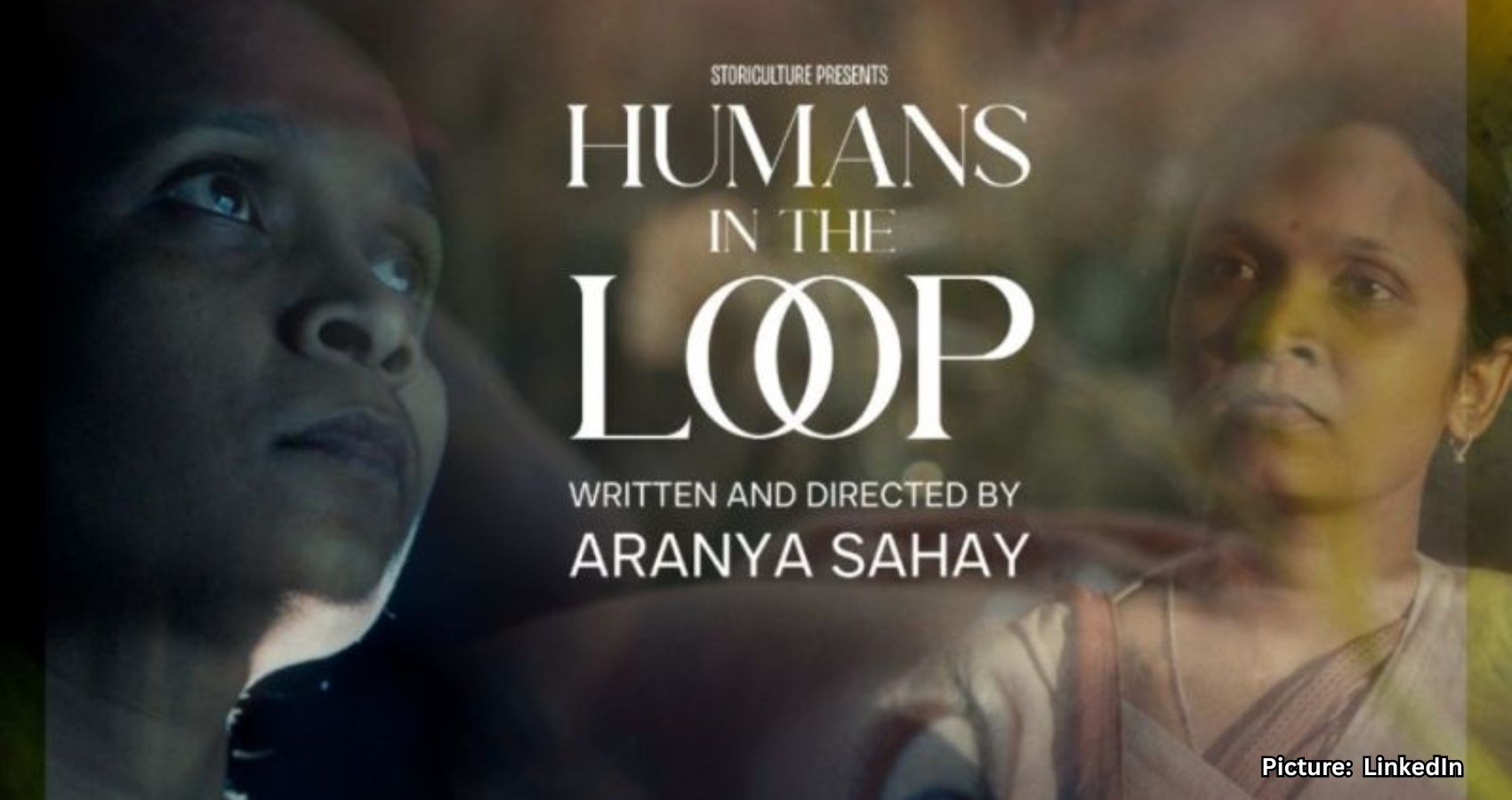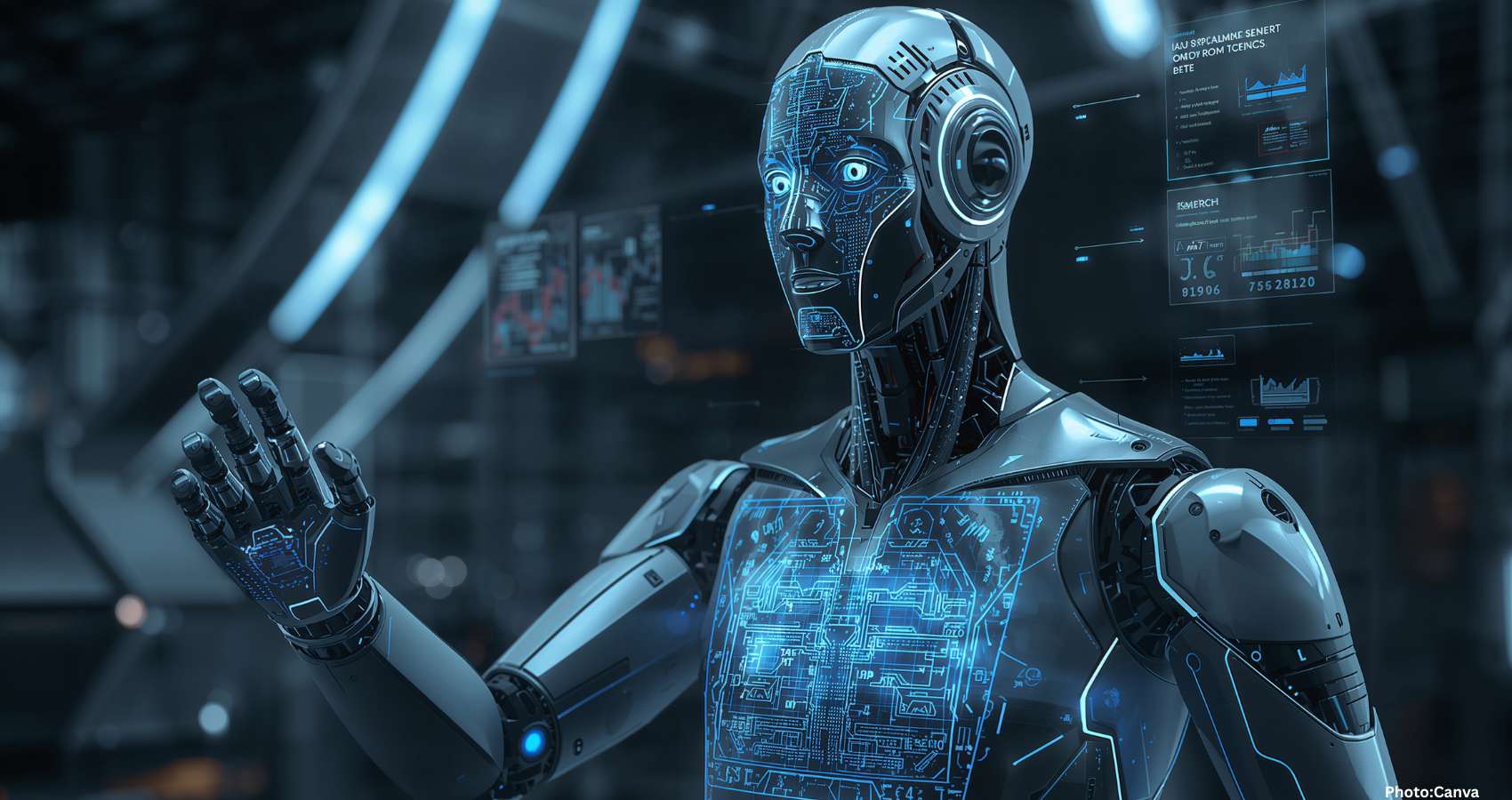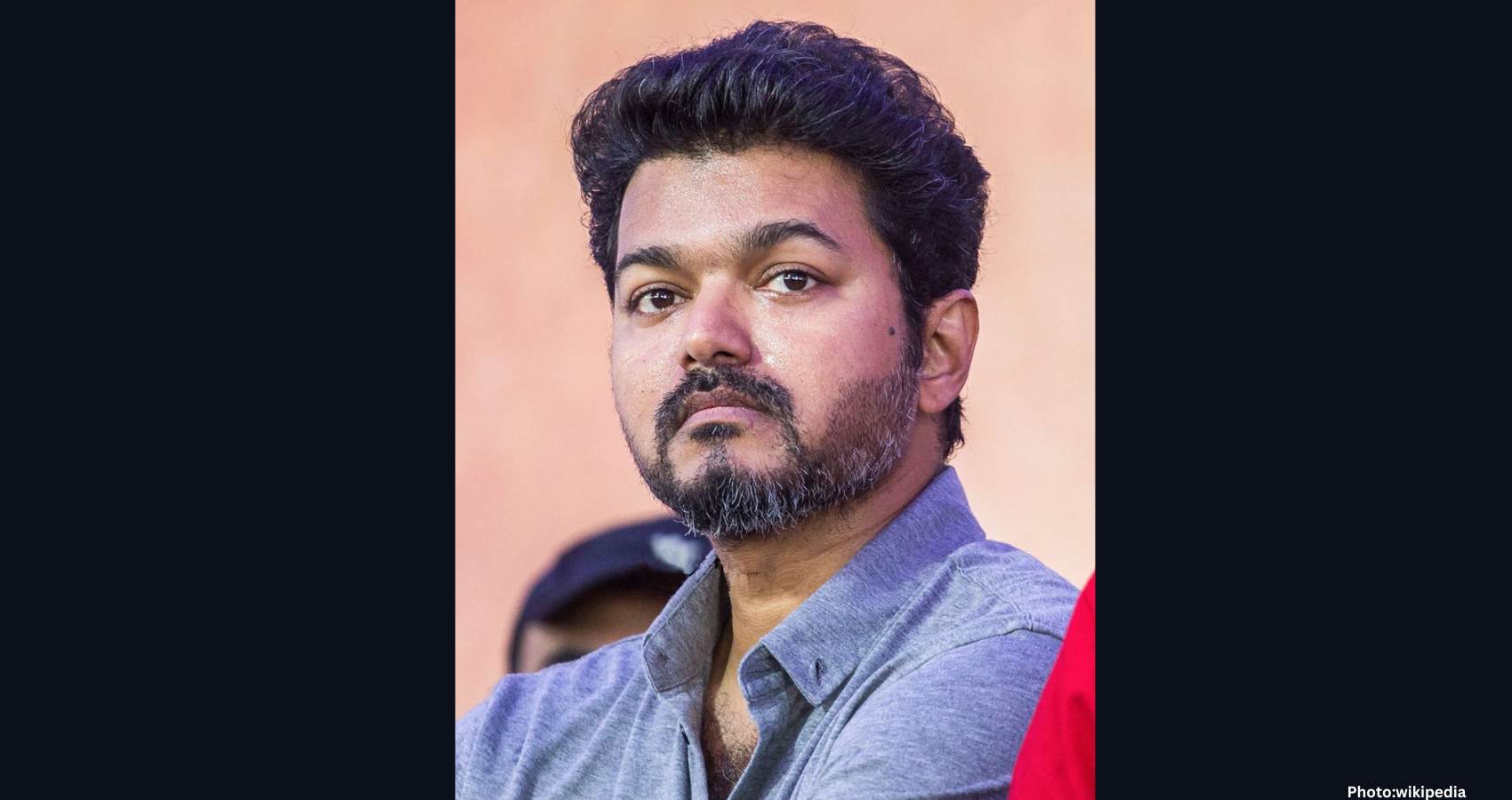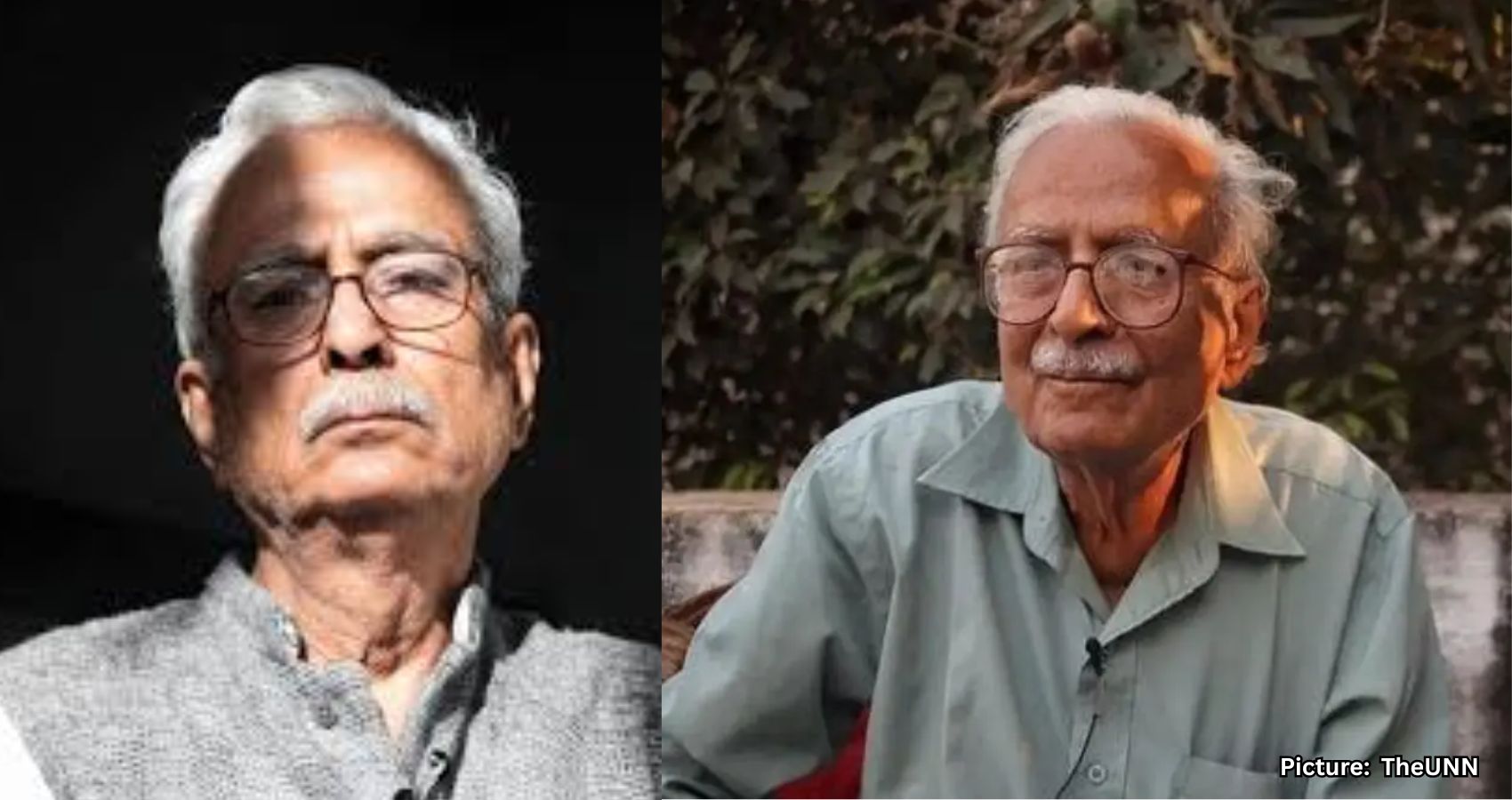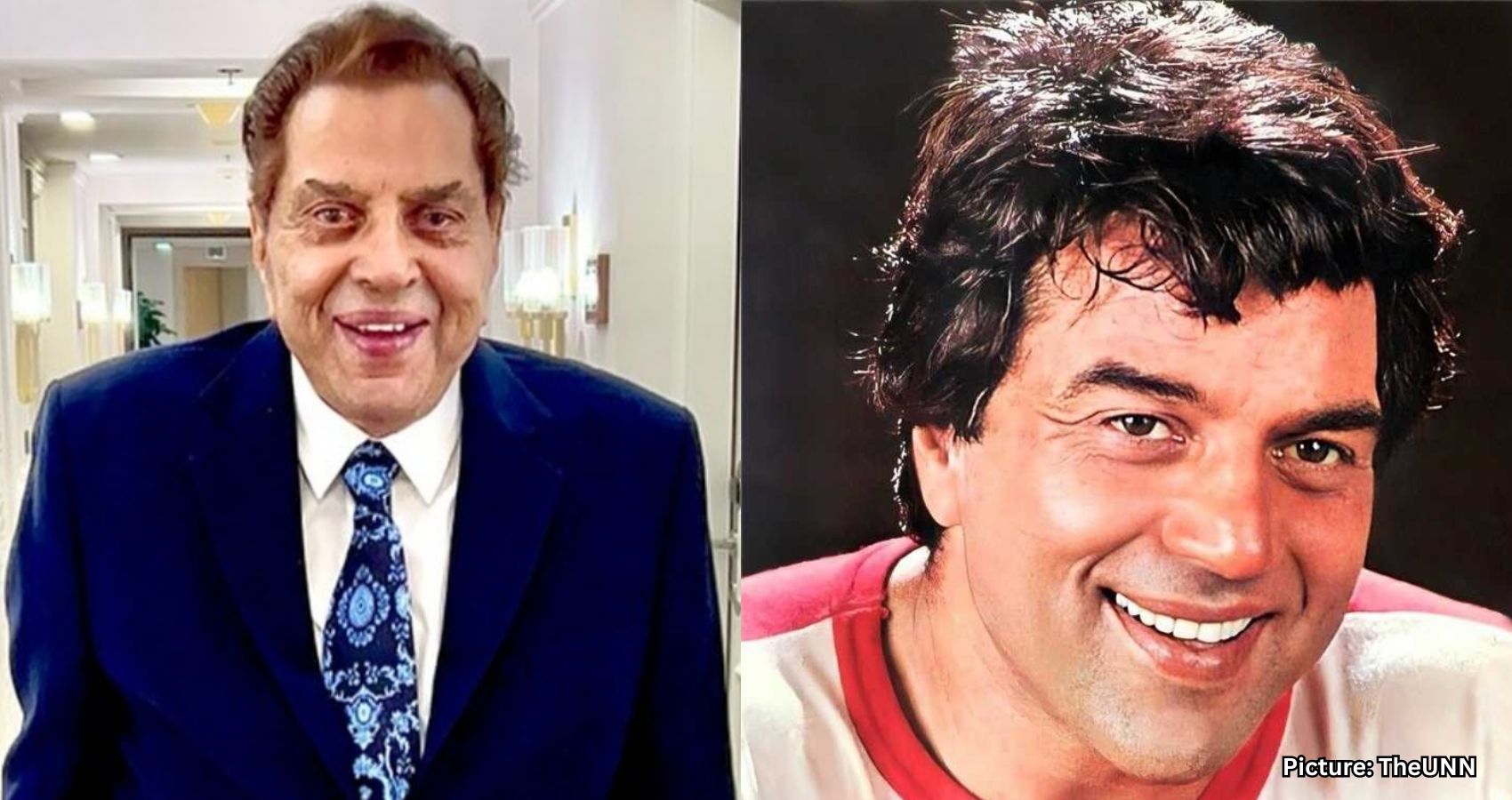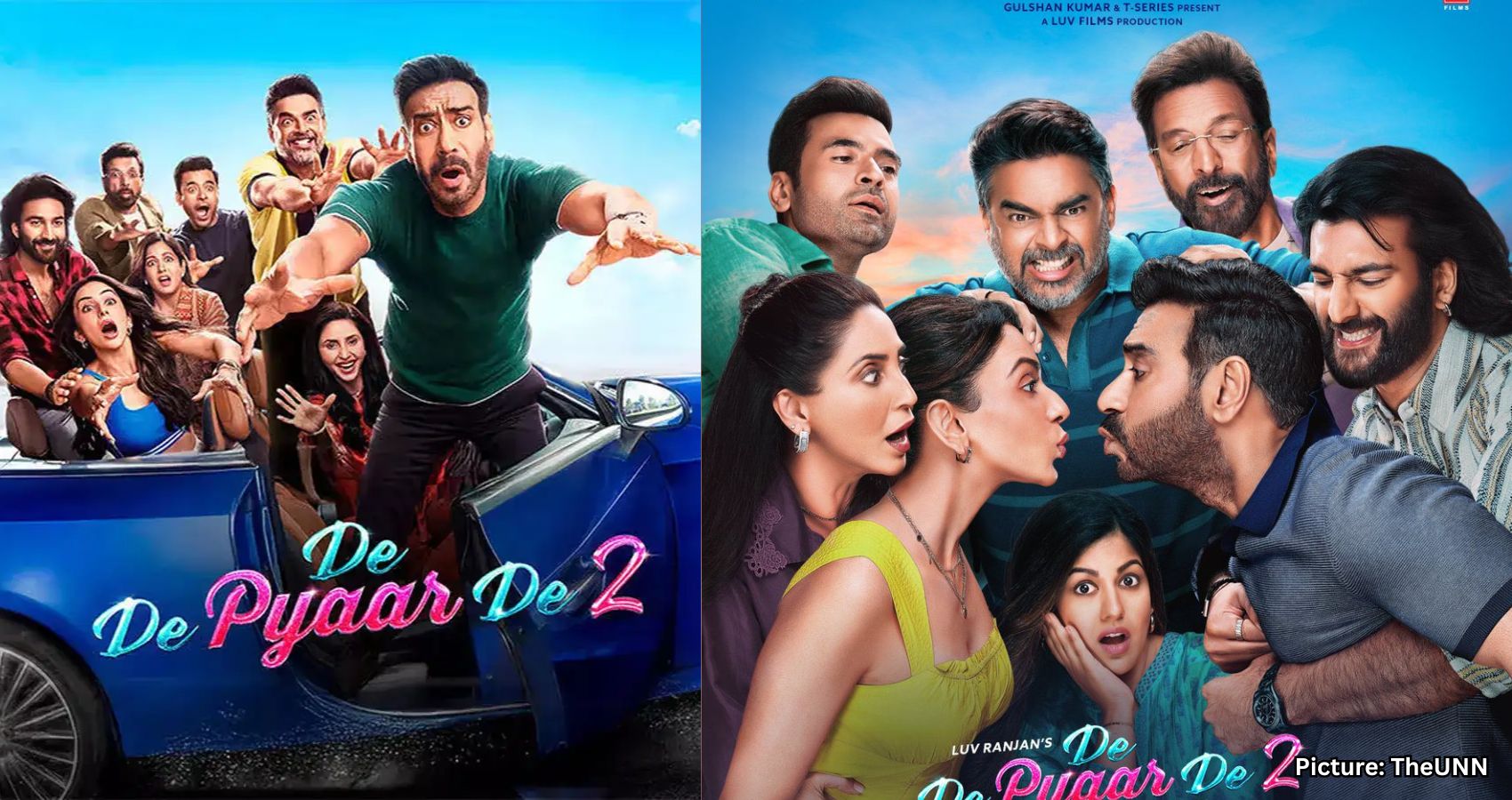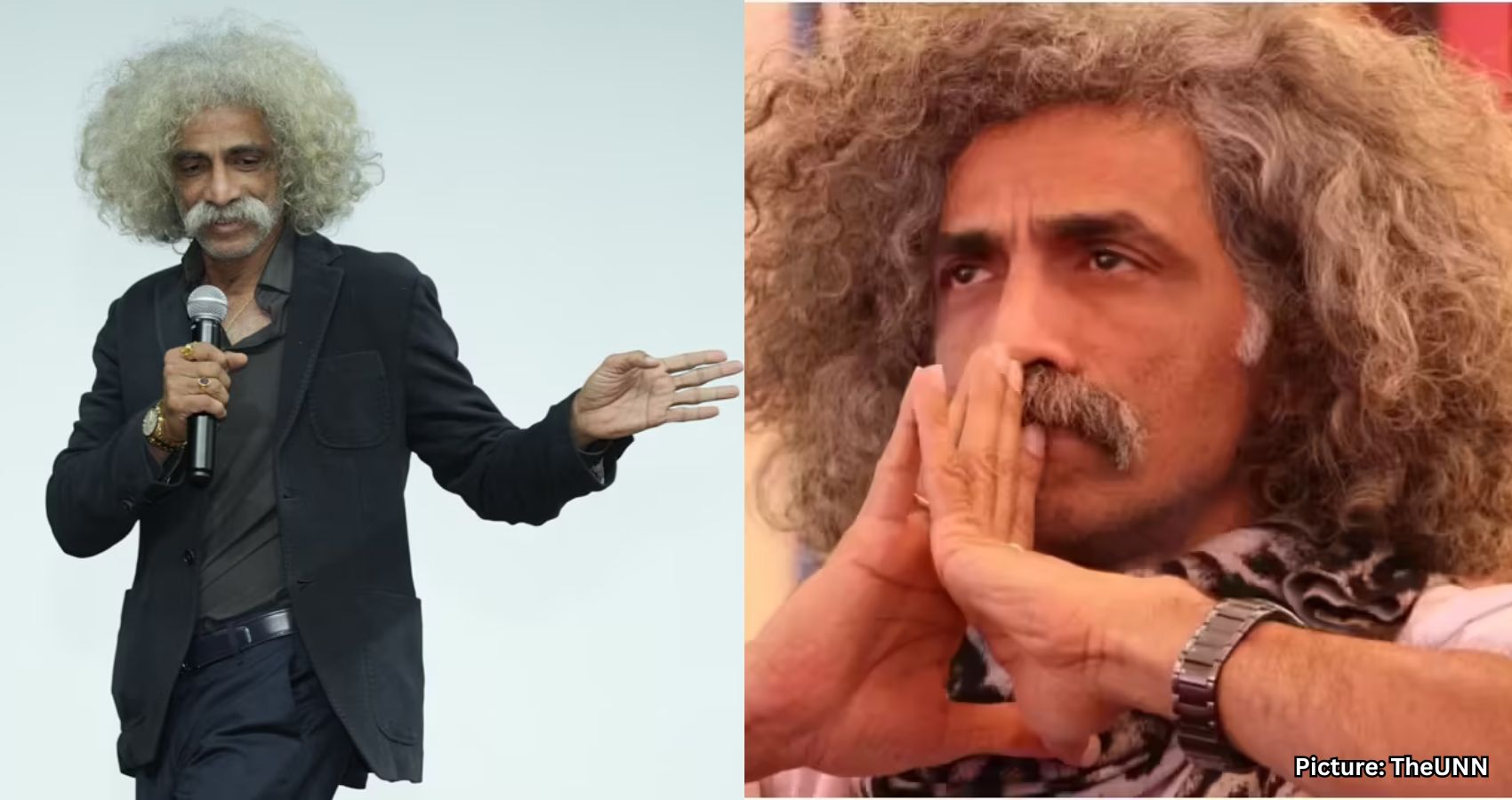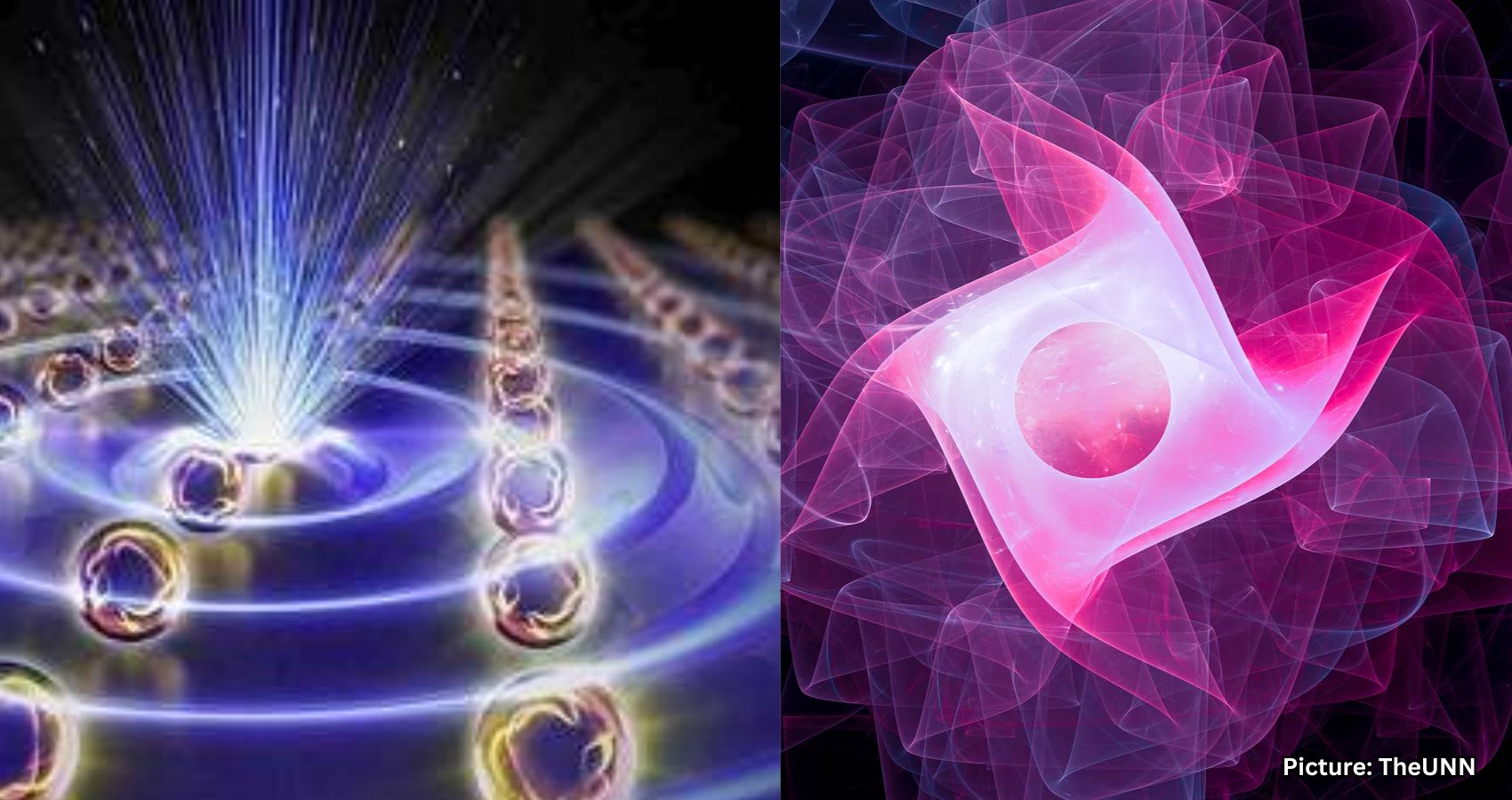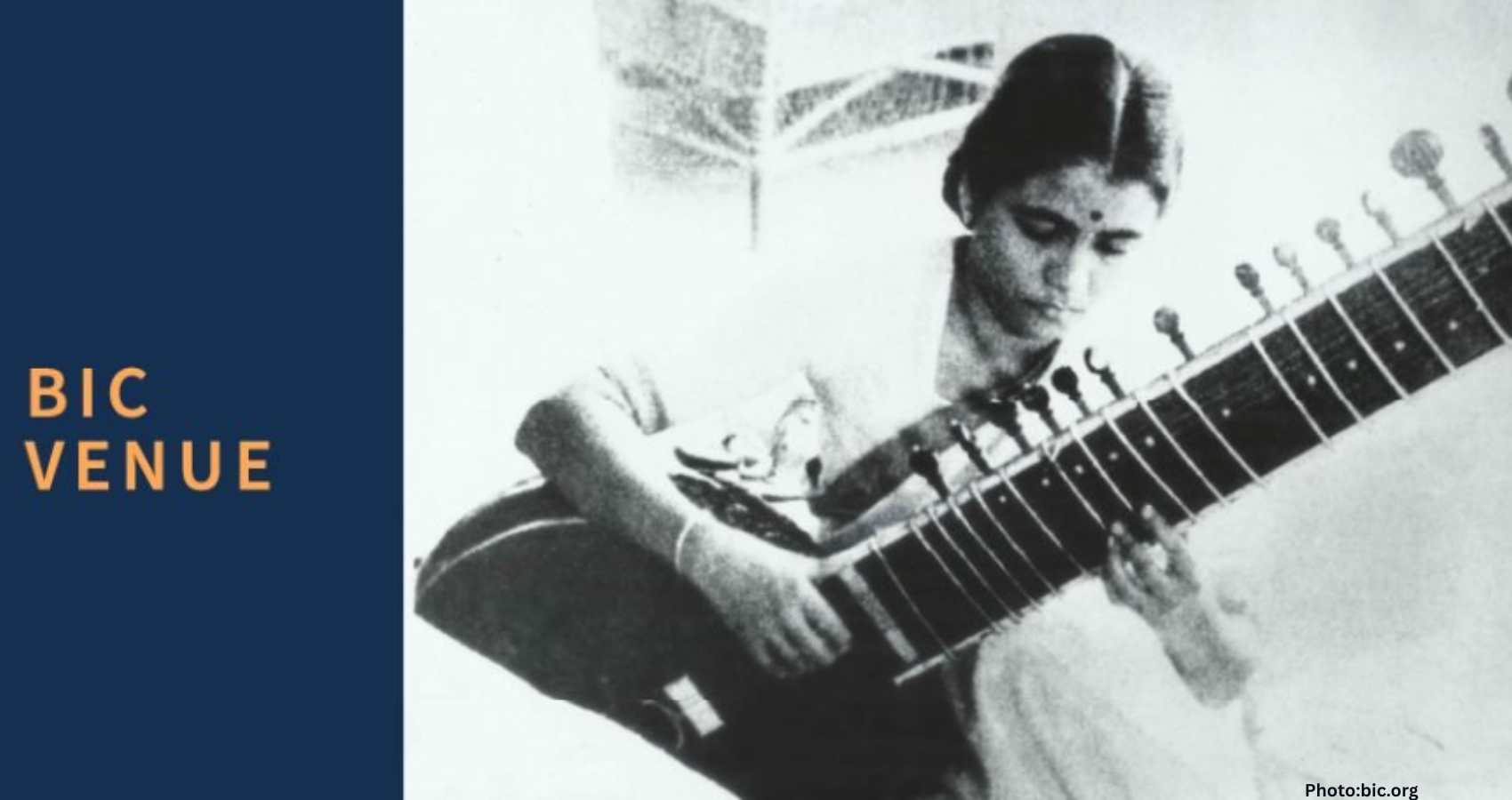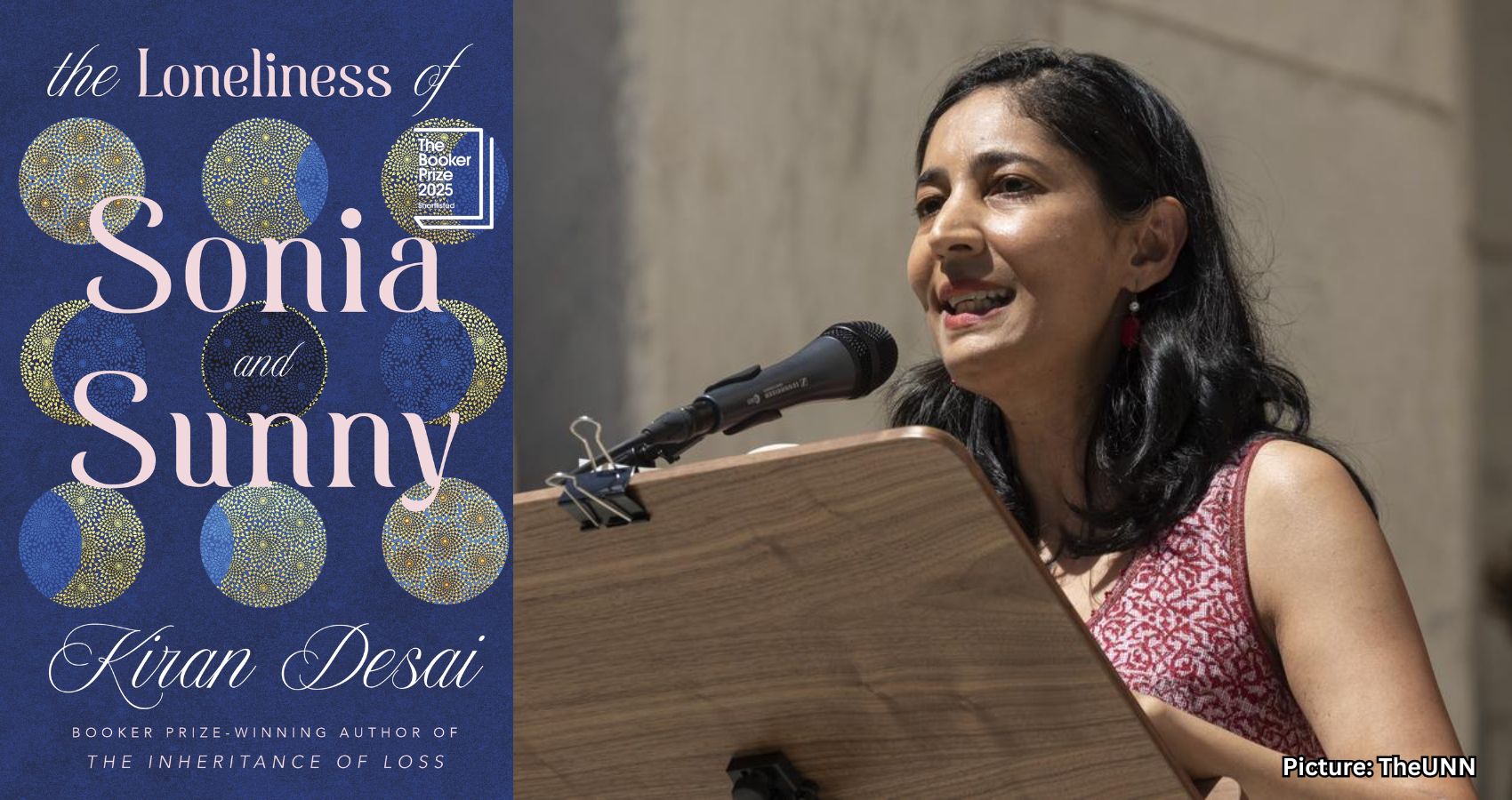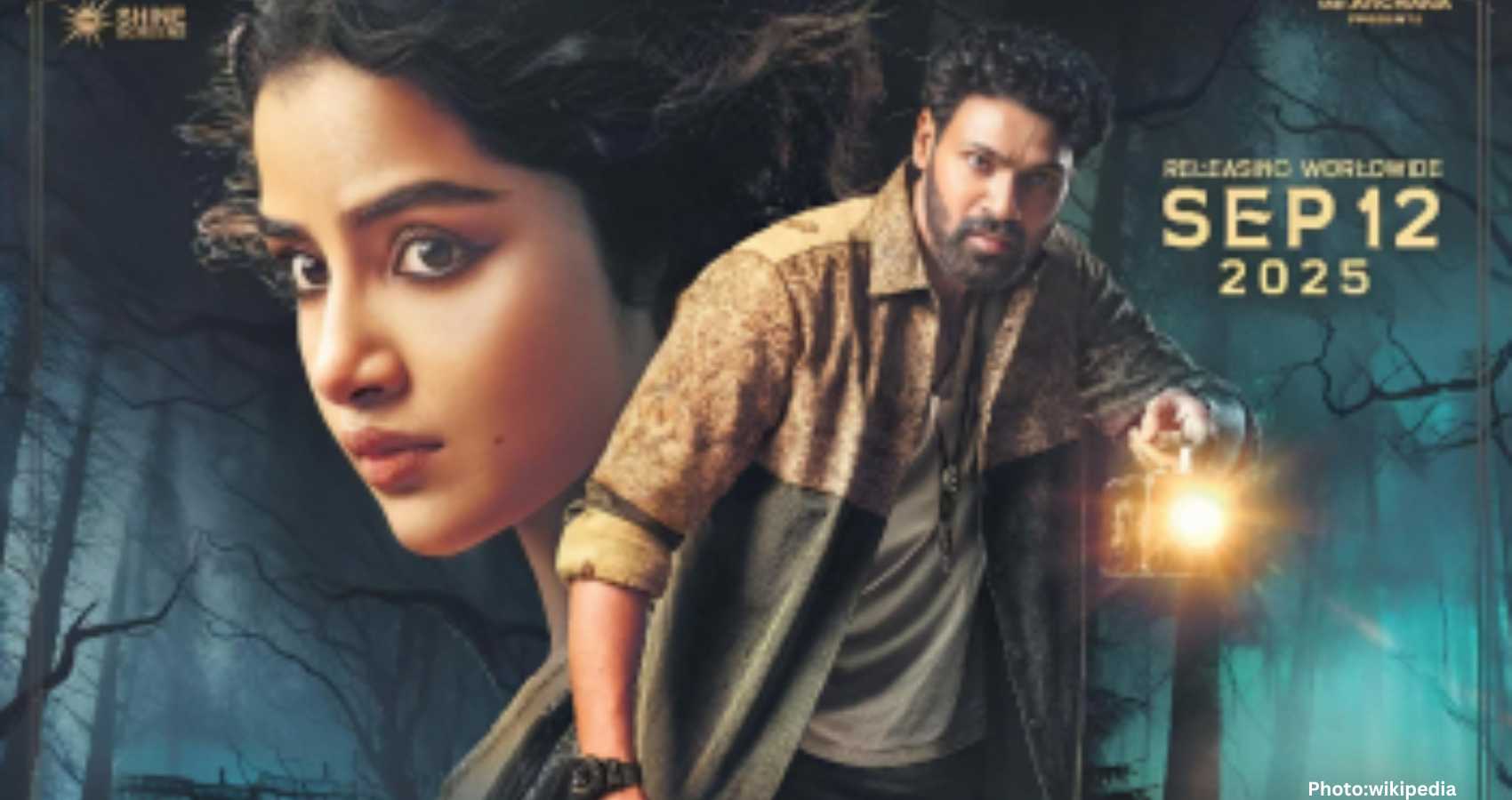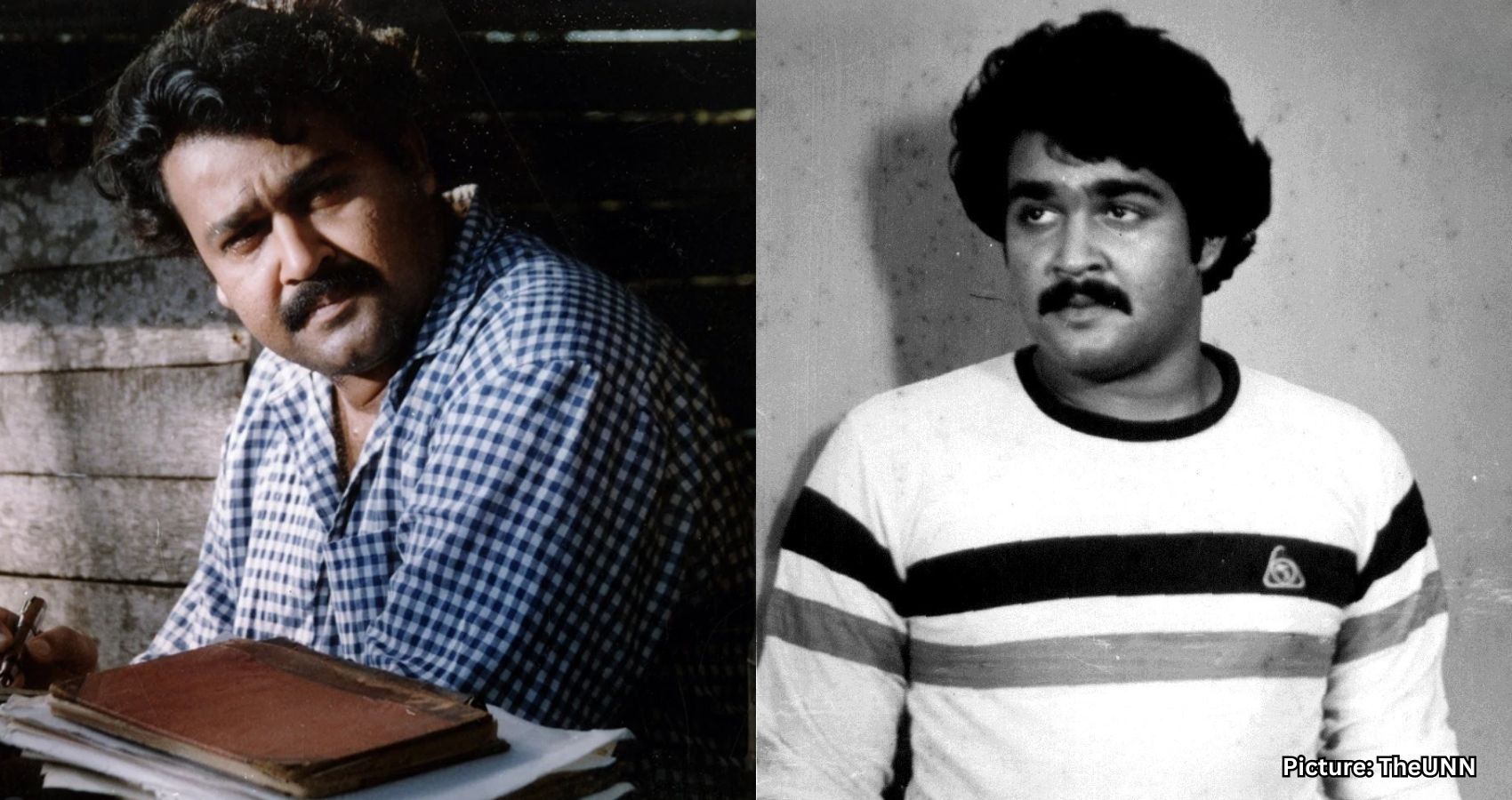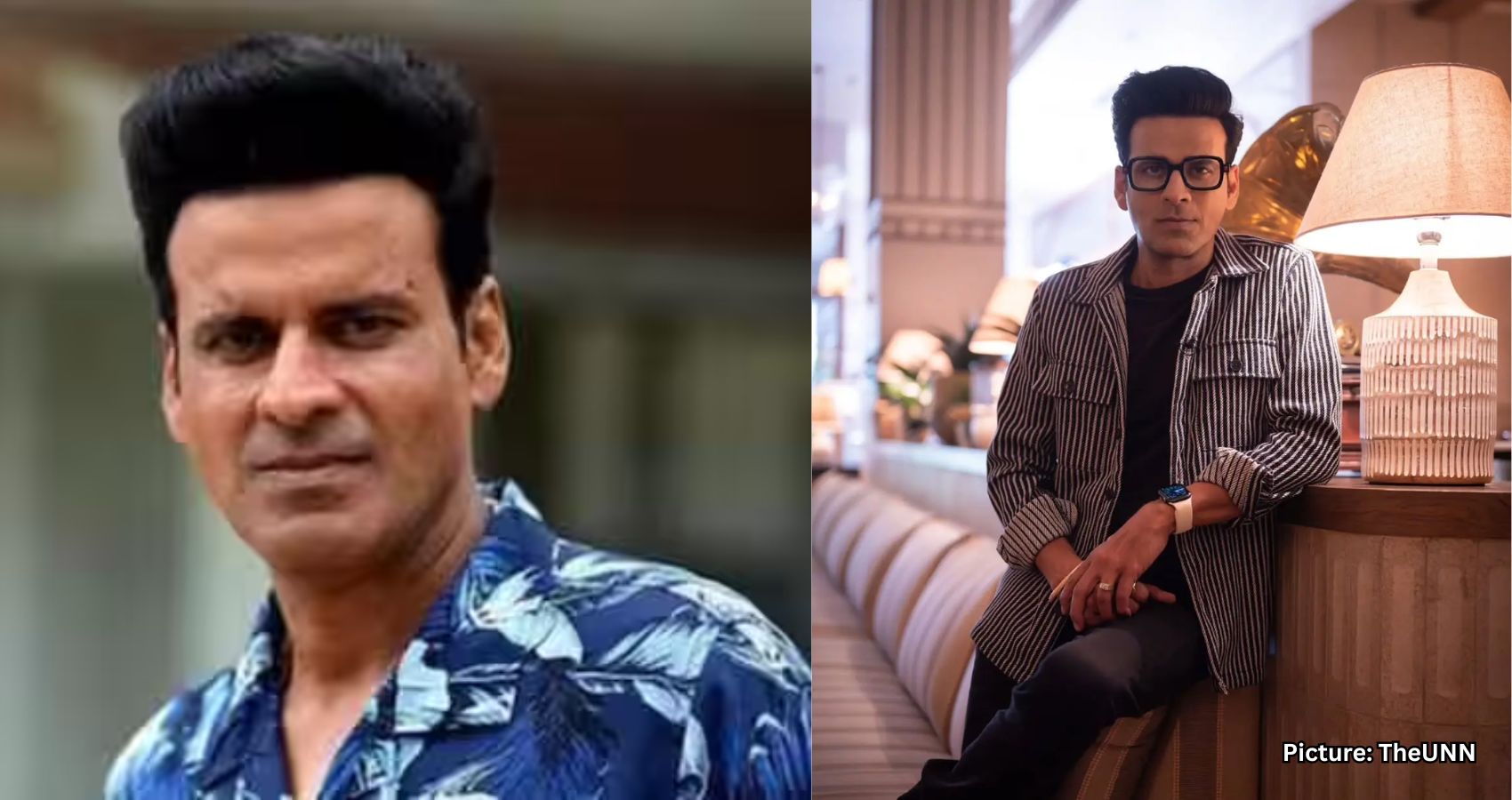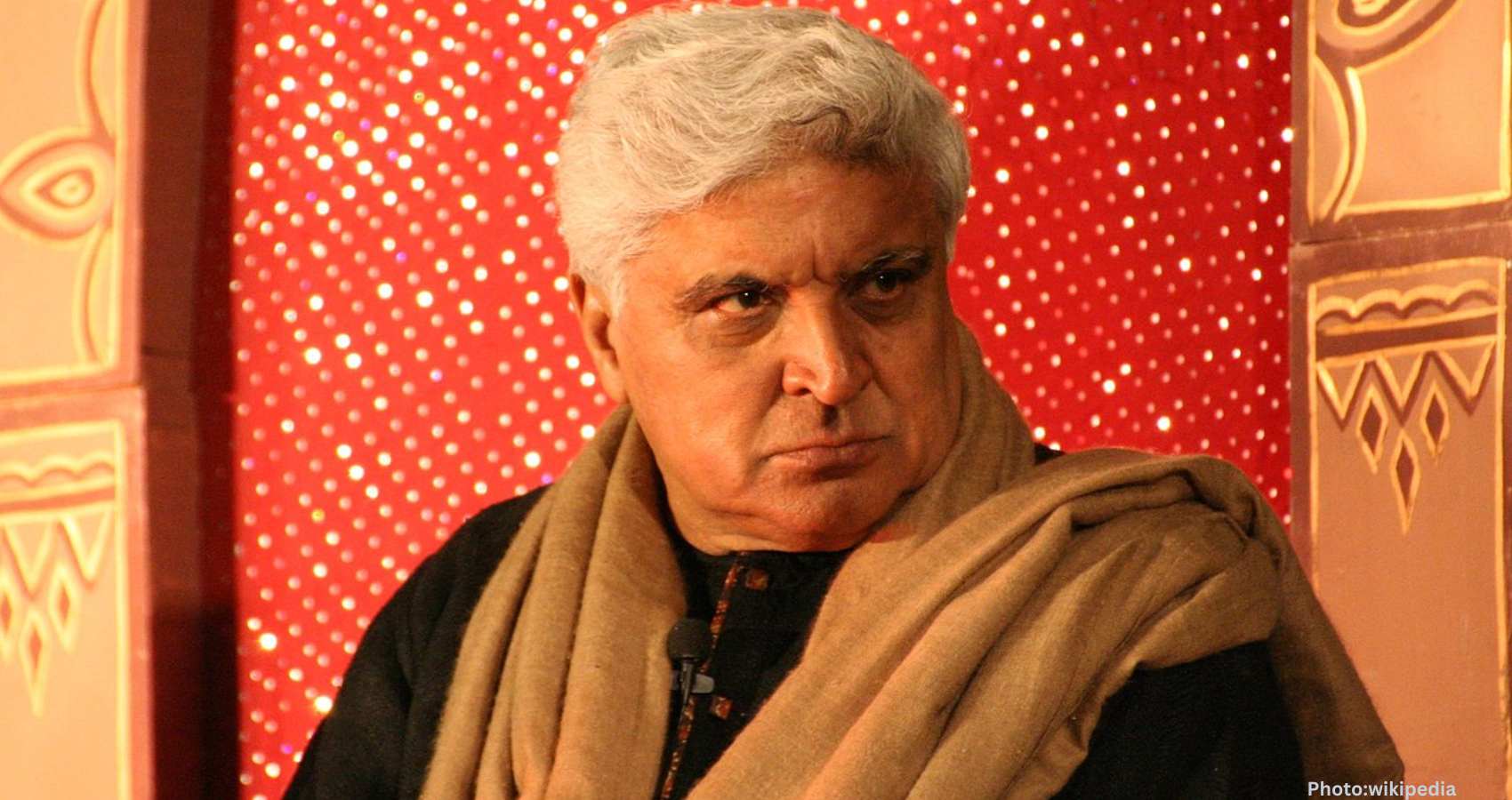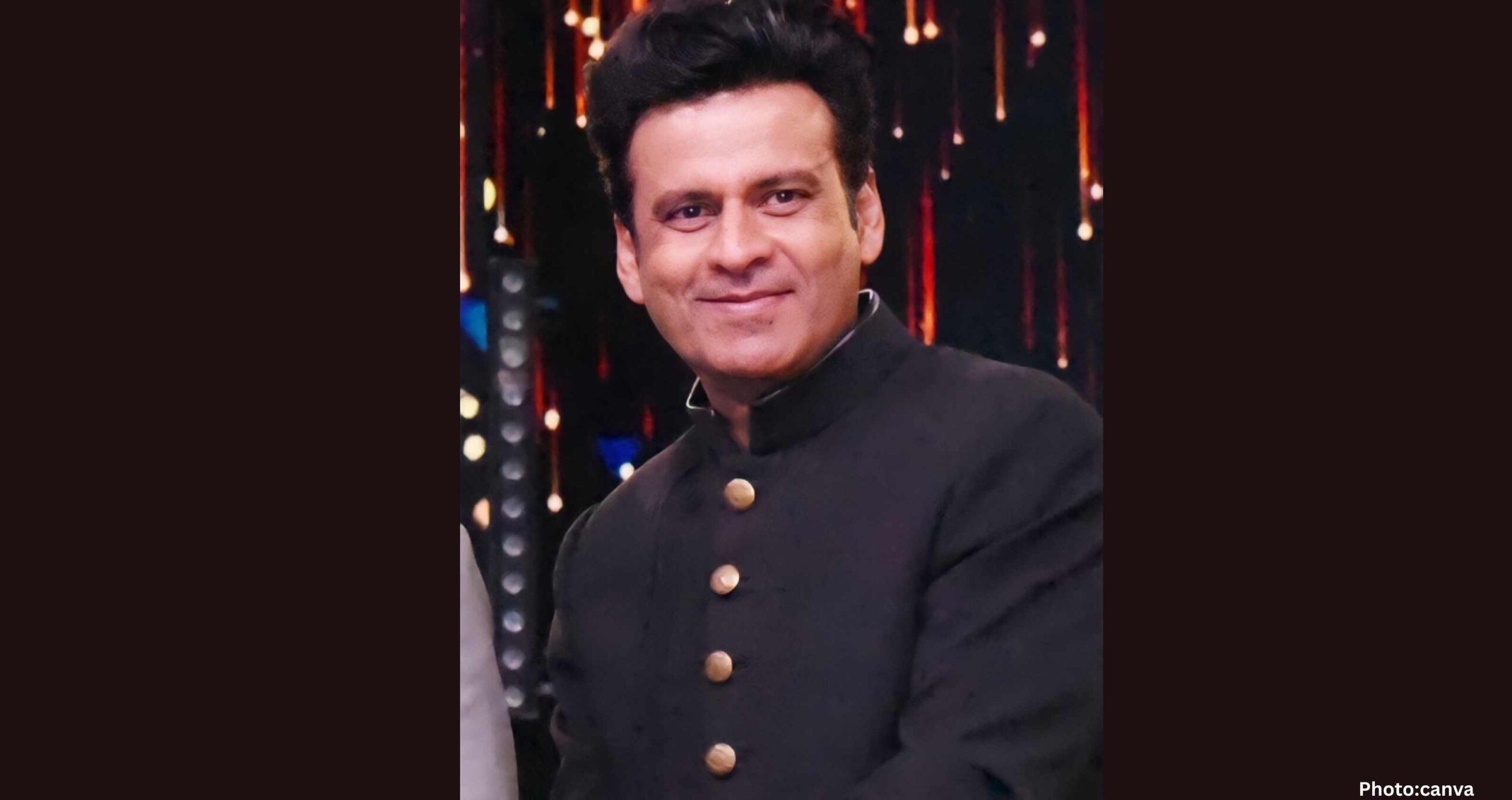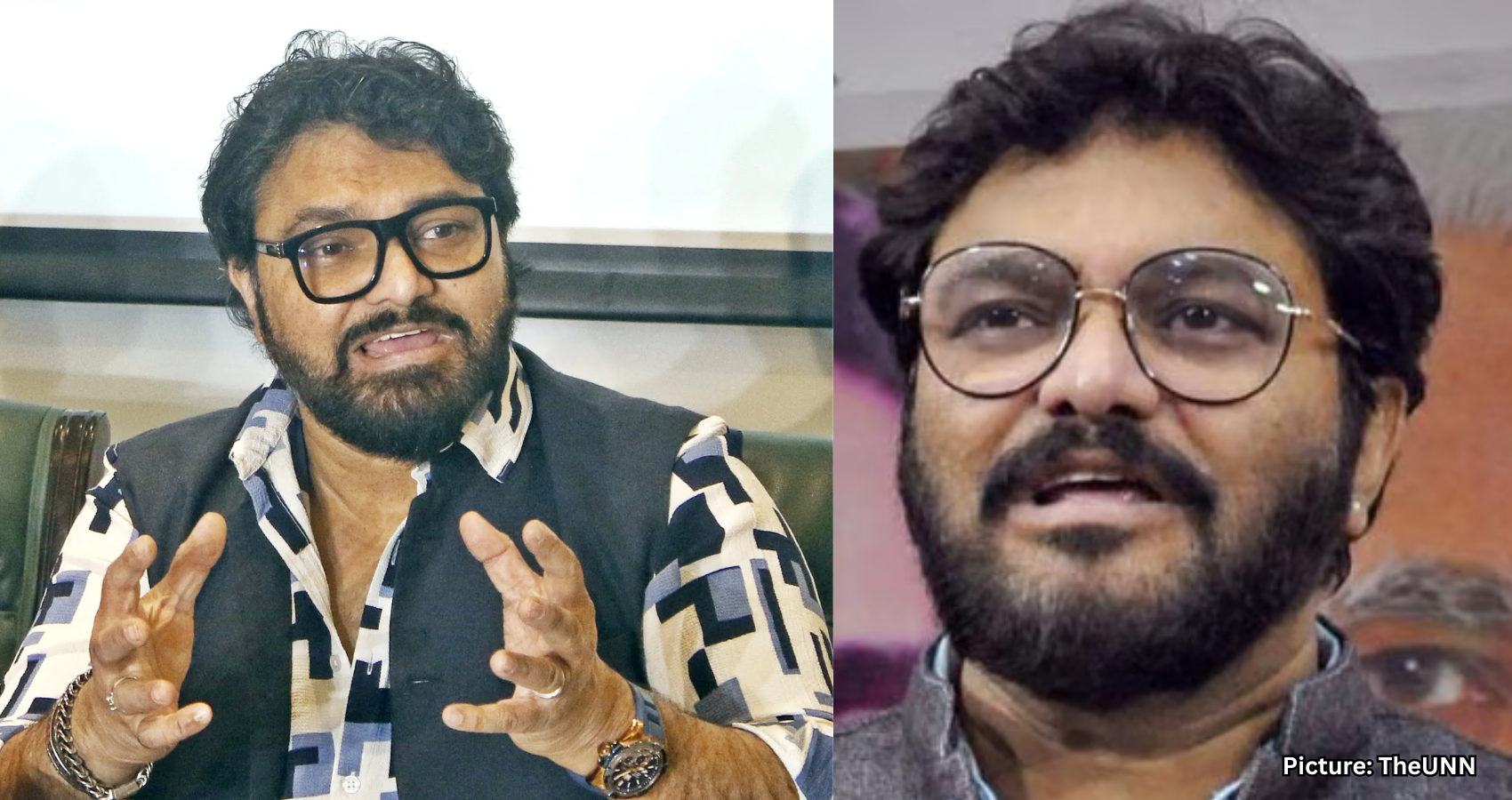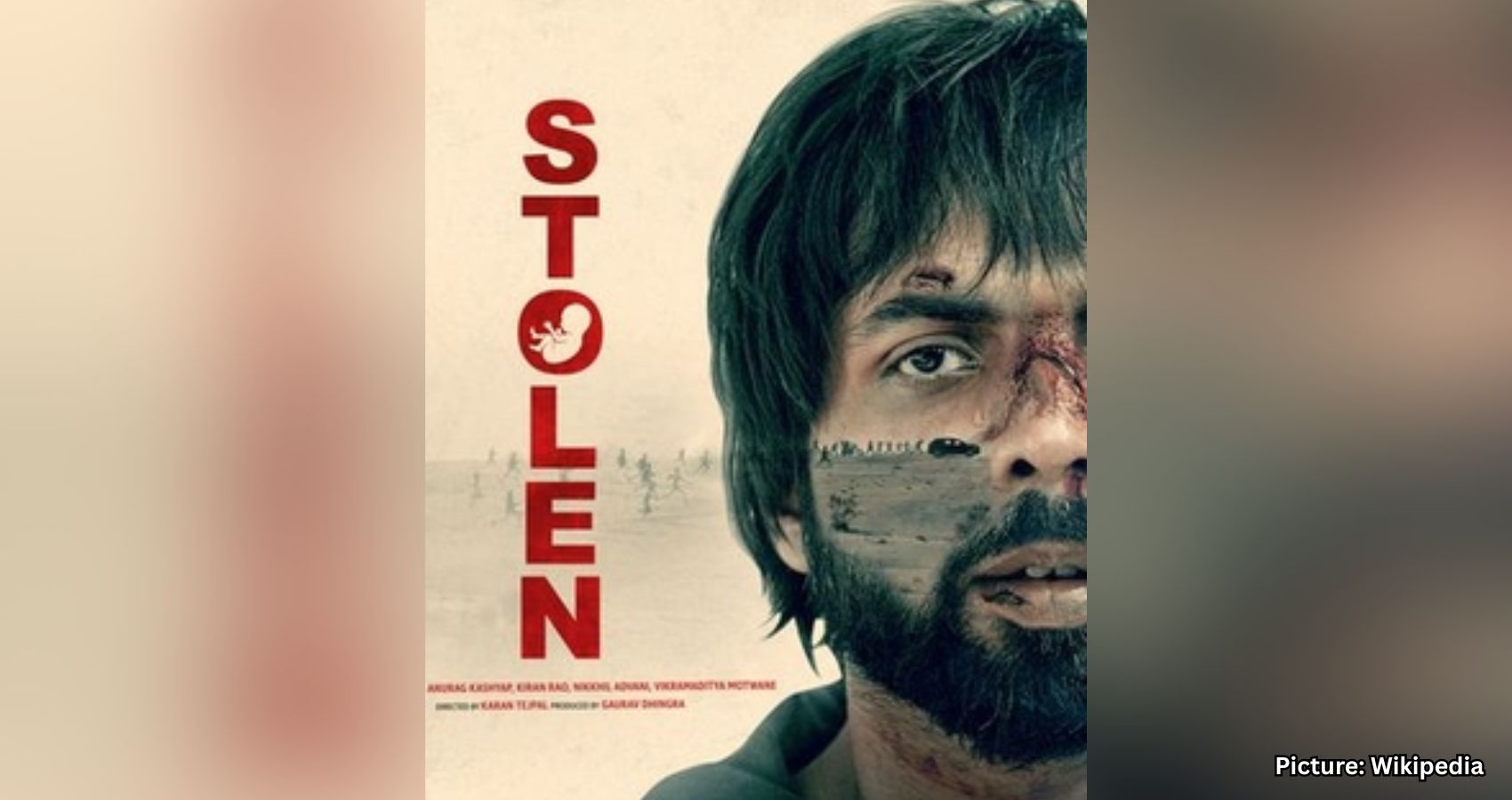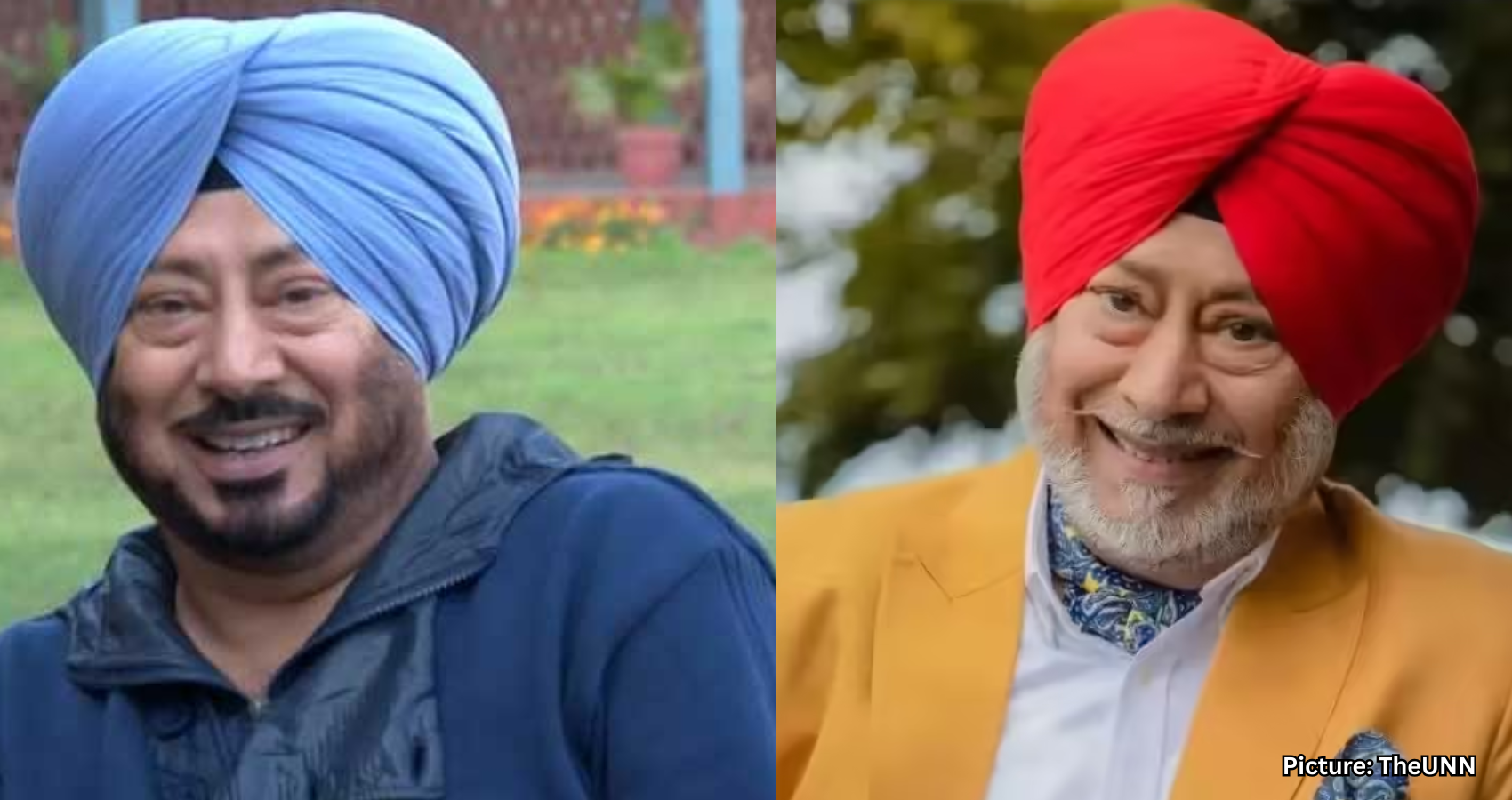Indian American physicist Bulbul Chakraborty has won an Obie Award for her poignant performance in the off-Broadway play “Rheology,” exploring themes of life, death, love, and loss.
Bulbul Chakraborty, an Indian American physicist, has been honored with an Obie Award for her compelling performance in the off-Broadway play “Rheology.” This critically acclaimed production was a collaborative effort with her son, Shayok Misha Chowdhury, who is an award-winning playwright and director.
The Obie Awards are designed to celebrate the highest caliber of off-Broadway and off-off-Broadway theatre, recognizing innovative work and supporting the careers of theatre artists. Chakraborty’s award acknowledges her deeply personal portrayal in “Rheology,” where she “plunges nakedly, beautifully into her own grief through song, in an expression that is pure divinity,” as noted in a news release.
Chakraborty, who serves as the Enid and Nate Ancell Professor of Physics at Brandeis University in Waltham, Massachusetts, has dedicated over 36 years to exploring complex phenomena such as avalanches, sand, and grain silos. Her research focuses on understanding “systems far from equilibrium,” employing theoretical methods that often involve extensive calculations on paper.
Her work aims to construct a comprehensive theory that rigorously describes the collective behavior of granular materials, which physicists refer to as “fragile matter.” While Chakraborty is a theorist, her son, Chowdhury, is an experimentalist in the realm of theatre. His recent play, “Public Obscenities,” was a finalist for the 2024 Pulitzer Prize in Drama.
The bond between mother and son has always been rooted in a mutual fascination with each other’s fields. As a child, Chowdhury would meticulously copy the mathematical equations his mother left around and engage her with questions about her research. In turn, Chakraborty nurtured his creative inclinations by introducing him to literature and music, particularly the works of Bengali writer and composer Rabindranath Tagore.
This shared interest blossomed into a collaborative project five years ago, culminating in “Rheology,” which is currently being performed at the Bushwick Starr in Brooklyn until May 17. The title of the play refers to the study of how certain substances, like sand, flow and behave under various conditions. In this production, sand serves as a powerful metaphor for life, death, love, and loss, illustrating how it responds to external forces and captivates those who study it.
In “Rheology,” Chowdhury, in his 40s, contemplates his mother’s mortality by staging her demise. Chakraborty, at 71 and with no prior acting experience, portrays her real-life role as a mother facing her own mortality on stage. “We are really discussing my death on stage,” Chakraborty remarked, noting that she opens the play with a lecture on her favorite subject—sand. “It was exposure therapy for Misha, then it started hitting me that it was my mortality.”
Audience members have expressed that the play prompts them to reflect on their own mortality. “A lot of younger people step out of the play and say, ‘I’m going to call my mom right now,’” Chakraborty shared.
The play presents contrasting hypotheses from the mother-son duo. Chowdhury believes he will not survive his mother’s passing, while Chakraborty counters that he will endure. “Sand is fragile matter; it lives at the margin of being solid, so it has the ability to hold its shape by making small tweaks in the face of shifting external forces,” she explained. “My son is also fragile, so he will be able to make small changes, and grief will not break him—he will withstand its force.”
Chakraborty’s unique blend of science and art has not only garnered her recognition in the theatre world but also serves as a poignant exploration of the human experience, bridging the gap between the realms of physics and performance.
According to The American Bazaar, Chakraborty’s journey from the classroom to the stage exemplifies the profound connections between different disciplines and the universal themes that resonate through them.

